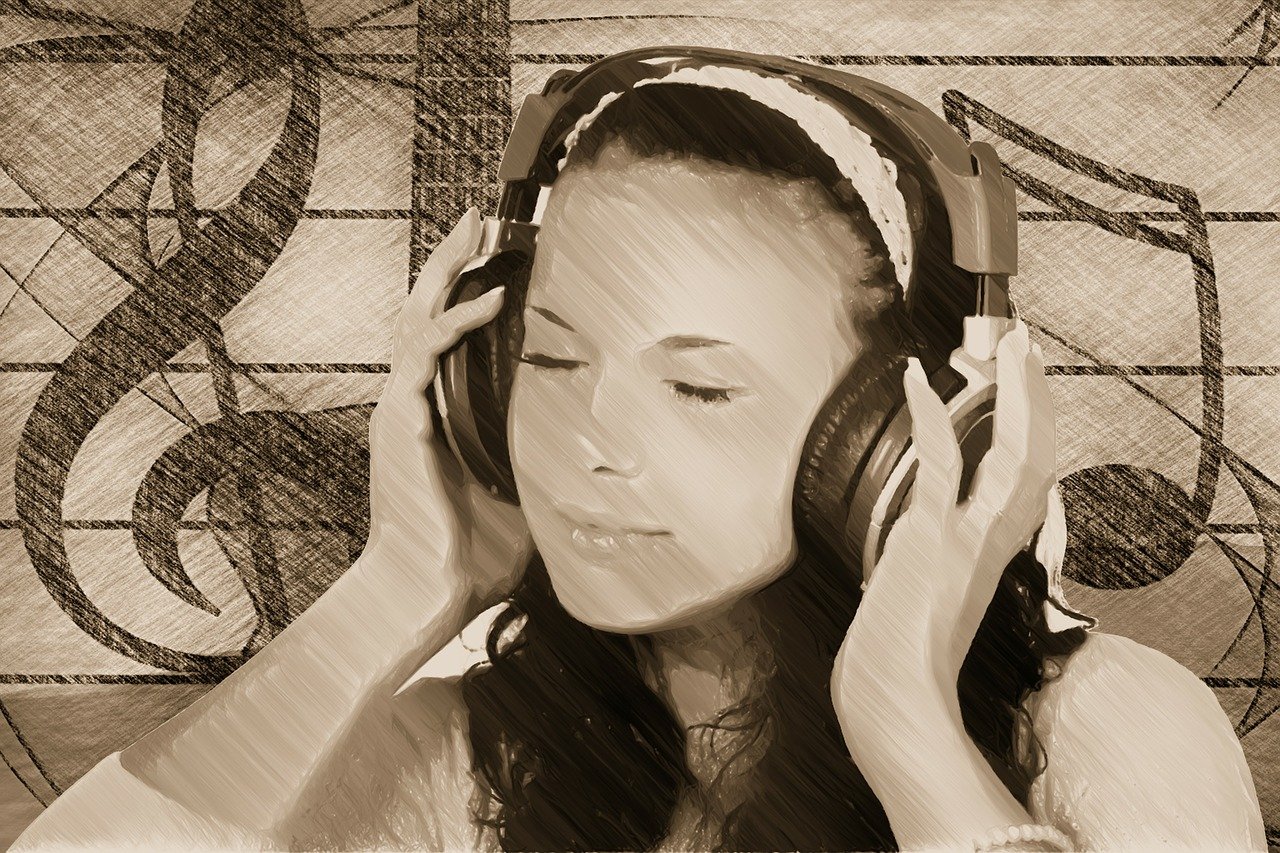We live in a society where we are increasingly faced with challenges that often lead us to the physical and mental limit. For this reason, we end up damaging our emotional health and seeing ourselves in the face of several pathologies such as stress, depression, anxiety, among others.
At these times, many people resort to medication, isolate themselves from family and friends, tend to remain more withdrawn and closed. However, there are alternative ways to deal with all of this without you necessarily having to resort to such extreme means. And one of those ways is simpler than you can imagine: listening to music.
It doesn’t matter if you like pop, rock, electronics, or any other genre, listening to music is considered a good option to try to deal with emotions and even control them, especially when there are difficulties in expressing and communicating what you are thinking and feeling. In addition to being a great ally during the stages of recovery from trauma and grief, music also serves as a tranquillizer and regulator of emotions. You can try the best surround sound headphones for movies in 2021 to quickly improve your mood.
Including music in your routine can help you find in it a mechanism to balance changes in mood. Due to its rhythmic and repetitive characteristics, music acts on the neocortex, a region of the brain where the most developed areas of the cortex are located, calming and reducing impulsivity and releasing feelings of well-being.
Usually, we choose songs that either match our current emotional state – which can keep us in a sad, angry or anxious situation for longer than necessary – or that can help us change it for the better. To make this activity more beneficial to the mind, a suggestion is to gradually change the type of music you are listening to in a moment of crisis to something more serene and optimistic.
Both for those who play instruments and for those who express themselves through singing, music comes as a powerful tool that can encourage the expression of different types of feelings. In addition to serving as a form of expression, this activity also contributes to self-knowledge and self-esteem.
Do you realize how music is much more than an entertainment option and can you use it to your advantage by choosing to integrate it into your daily routine? When you need help concentrating, listening to classical music can be a good alternative, as songs with a tempo of 60 bpm (beats per minute) increase brain efficiency for processing information.
To exercise creativity, a good tip is to put together a playlist with different genres than what you usually like to hear. Now, if the goal is to do some activity like running, cleaning the house, reading or exercising, the best thing to do is to put on some of your favourite songs because they can give you that boost of spirit that you need so much.
To reduce anxiety, the preference may be for quieter songs. It has been proven that they have the same effect as a massage session and also that they can induce you to a meditative state, altering the speed of brain waves and, therefore, also relieving symptoms of depression, premenstrual tension and sleep disorders. behaviour.
Music can also strengthen social connections, whether you’re sharing your favourite playlists with friends or meeting new people while queuing for a show or in a music class. In addition to helping you connect with yourself, music connects you to the world.


